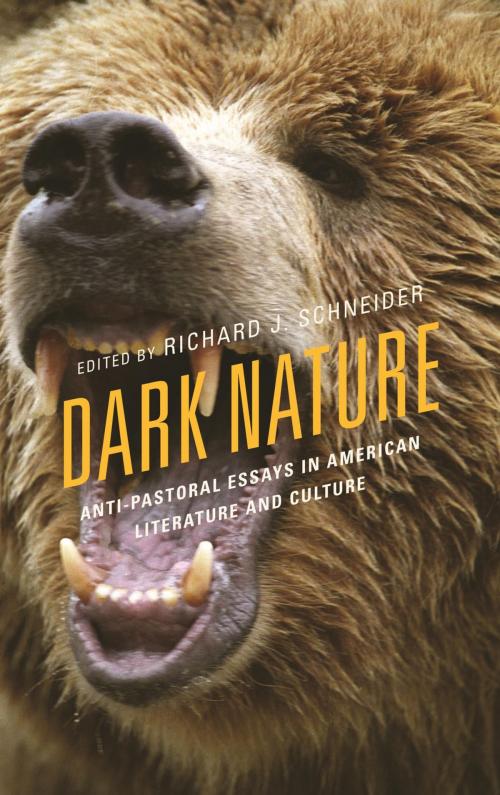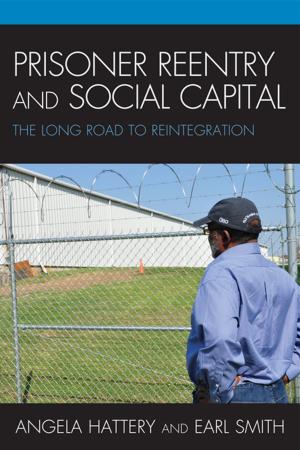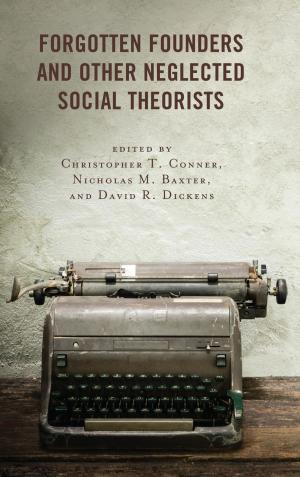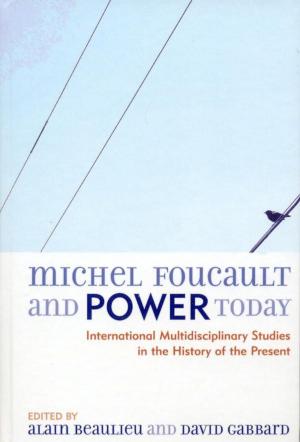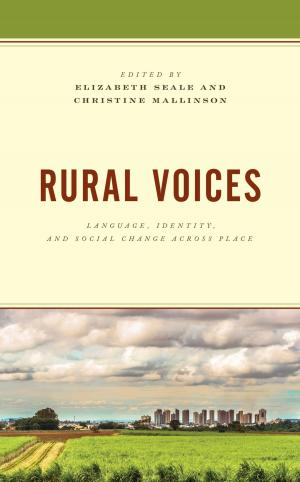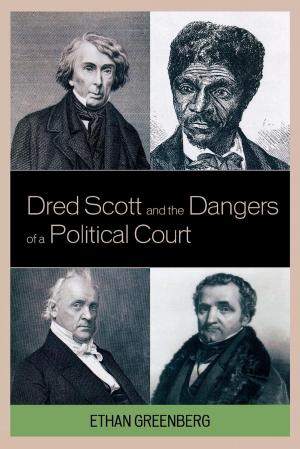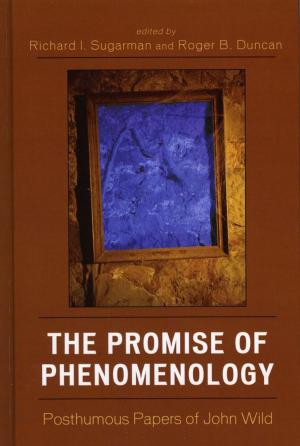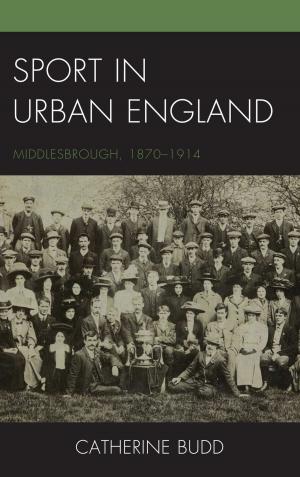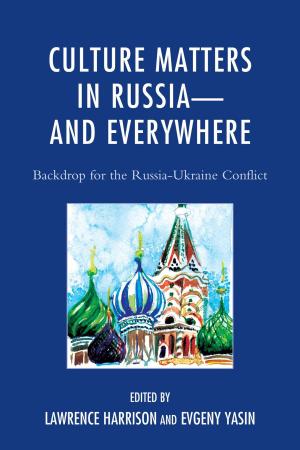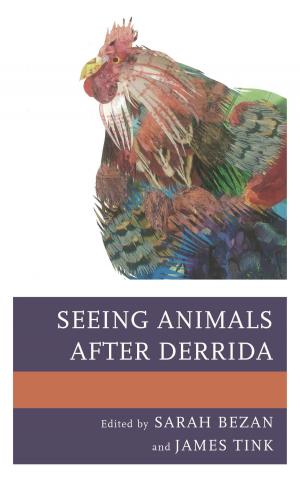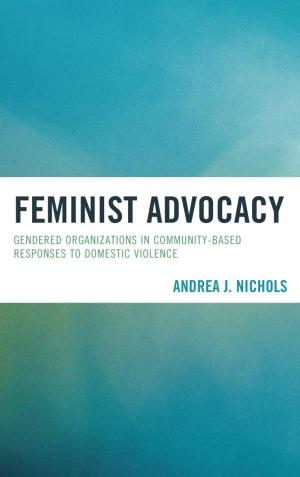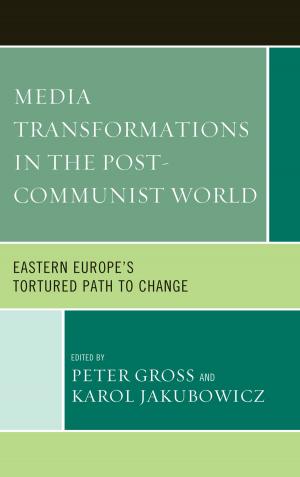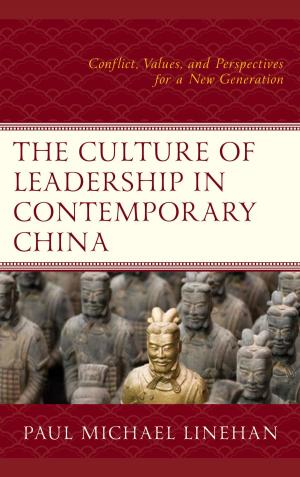Dark Nature
Anti-Pastoral Essays in American Literature and Culture
Fiction & Literature, Literary Theory & Criticism, American| Author: | Gina Claywell, Jesse Curran, Sarah Daw, Monika M. Elbert, Isabel Galleymore, Mark Henderson, Joseph Heumann, Elizabeth Kubek, David LaRocca, Matthew Masucci, T. Mera Moore Lafferty, Robin Murray, Rachel Paparone, Dana Prodoehl, Jennifer Schell, Anette Vandsoe, Frederico Bellini | ISBN: | 9781498528122 |
| Publisher: | Lexington Books | Publication: | October 4, 2016 |
| Imprint: | Lexington Books | Language: | English |
| Author: | Gina Claywell, Jesse Curran, Sarah Daw, Monika M. Elbert, Isabel Galleymore, Mark Henderson, Joseph Heumann, Elizabeth Kubek, David LaRocca, Matthew Masucci, T. Mera Moore Lafferty, Robin Murray, Rachel Paparone, Dana Prodoehl, Jennifer Schell, Anette Vandsoe, Frederico Bellini |
| ISBN: | 9781498528122 |
| Publisher: | Lexington Books |
| Publication: | October 4, 2016 |
| Imprint: | Lexington Books |
| Language: | English |
In The Ecological Thought, eco-philosopher Timothy Morton has argued for the inclusion of “dark ecology” in our thinking about nature. Dark ecology, he argues, puts hesitation, uncertainty, irony, and thoughtfulness back into ecological thinking.” The ecological thought, he says, should include “negativity and irony, ugliness and horror.” Focusing on this concept of “dark ecology” and its invitation to add an anti-pastoral perspective to ecocriticism, this collection of essays on American literature and culture offers examples of how a vision of nature’s darker side can create a fuller understanding of humanity’s relation to nature. Included are essays on canonical American literature, on new voices in American literature, and on non-print American media. This is the first collection of essays applying the “dark ecology” principle to American literature.
In The Ecological Thought, eco-philosopher Timothy Morton has argued for the inclusion of “dark ecology” in our thinking about nature. Dark ecology, he argues, puts hesitation, uncertainty, irony, and thoughtfulness back into ecological thinking.” The ecological thought, he says, should include “negativity and irony, ugliness and horror.” Focusing on this concept of “dark ecology” and its invitation to add an anti-pastoral perspective to ecocriticism, this collection of essays on American literature and culture offers examples of how a vision of nature’s darker side can create a fuller understanding of humanity’s relation to nature. Included are essays on canonical American literature, on new voices in American literature, and on non-print American media. This is the first collection of essays applying the “dark ecology” principle to American literature.
